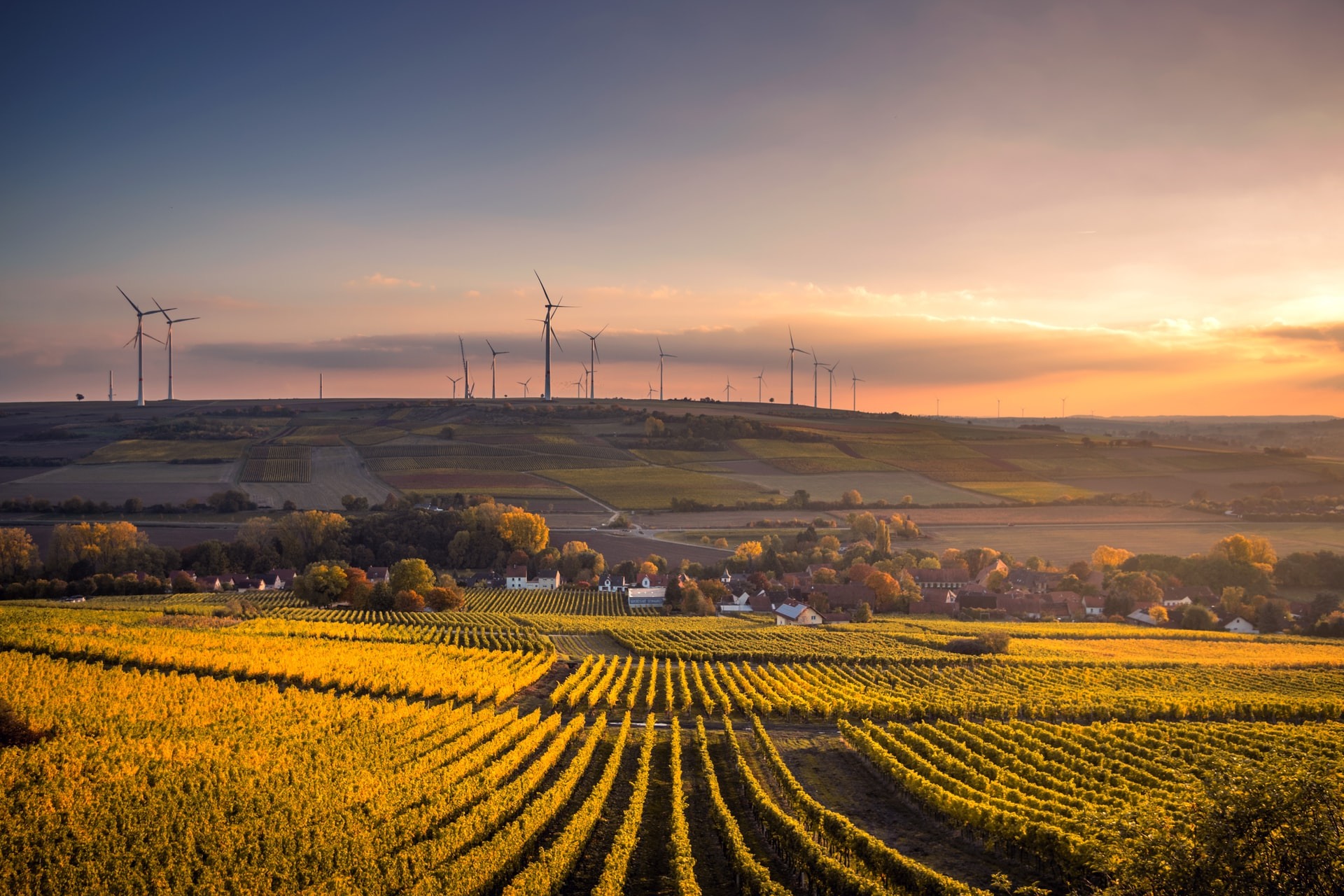Buying Land or a Farm Property: What You Need to Know
29 Nov 2022
Is farming and living with a few farm animals a dream you’ve cherished for many years? A small farmhouse, a country house or farmland: your dream could soon become a reality when you purchase a farm property! Read this article to find out about the important elements to consider before buying a property in a rural area.

1. The Zoning of the Property You Want
Before proceeding with any real estate transaction in the countryside, remember to check the zoning of the property you are interested in[1], including wooded areas, because appearances can sometimes be deceiving! This is usually the responsibility of the buyer, since in some cases the seller does not know the zoning of the property[2].
The required verifications can be made with the Commission de la protection du territoire agricole du Québec (CPTAQ), as well as the MRC or the municipality where the property is located. If the land is zoned for agriculture by both the Quebec government and the municipality in which it is located, you will unfortunately not be able to build your property on it[3].
Is your property doubly zoned by the Quebec government and the municipality where it is located? Certain exceptions could allow you to make your dream come true: acquired rights. These recognize the existence of a construction or use that predates the coming into force of the Act respecting the acquisition of farm land by non-residents (AAFLNR) by allowing owners to retain their right of use, despite the current regulations, and are generally transferable to the new owner upon sale[4].
2. The Agricultural Land Protection Act
Land in agricultural zones represents approximately 2 per cent of the total area of Quebec[5]. To preserve them, to the benefit of residential and commercial zones, they are protected by the Act respecting the preservation of agricultural land and agricultural activities and are subject to specific regulations.
Thus, if you wish to acquire agricultural land to build your future property, you must obtain an authorization from the CPTAQ and be a resident of Quebec[6]. Furthermore, you will not be able to use your property for purposes other than agriculture or transform any building into a residence or business.
3. Features to Consider
Here are some things to consider when buying a piece of land or a farm property[7]:
- The year of construction of the house (to verify acquired rights)
- The size of the lot
- Zoning regulations
- Septic tank and leach field compliance
- Water and well quality
- Type and quality of soil
- Type of farming operation
- Presence of snowmobile or ATV trails
When in doubt, do not hesitate to call upon a real estate broker specialized in the agricultural field. They will help you avoid making the most common mistakes and will inform you of the right price to pay.
4. Buying a Farm
Unlike the purchase of a farm property, a farm operation involves the acquisition of a business intended for the production or marketing of agricultural or livestock products[8]. To avoid unpleasant surprises at the time of purchase, it is important to know the financial health of the operation, the quality of the equipment and the profitability of the land[9].
The mortgage approval process for such a project may be more complex than for a residentially zoned property, including[10]
- Obtaining a certificate showing that the water is fit for human consumption.
- Obtaining a certificate showing the conformity of the septic tank and attesting that it does not risk contaminating the soil and water.
- Obtaining a document specifying the flow rate and the well’s drinkability.
Your financial institution may also require a minimum down payment of 25% due to the higher level of risk and may only cover a portion of the purchase[11]. However, there are some loans and grants that may give you the necessary boost to purchase the property, such as
The Canadian Agricultural Loans Act (CALA) program
The Fonds d’investissement pour la relève agricole (FIRA) program
In certain situations, farmland and farm buildings of this type of property may be exempt from transfer taxes - better known as the “welcome tax” - but excluding the farmer’s residence[12].
5. The Advantages of a Rural Property
In addition to providing you with unparalleled peace and quiet, a farm property offers many advantages, such as a healthy and peaceful living environment, a large plot of land located in nature and proximity to animals.
Of course, this lifestyle is not for everyone. However, it is ideal for entrepreneurs, manual workers, people looking for peace and quiet, and families who want to enjoy a different lifestyle.
In short, there are many aspects to buying land or farm property. To get a clearer picture, ask a real estate broker who specializes in agricultural transactions to help you with every step of your project.
